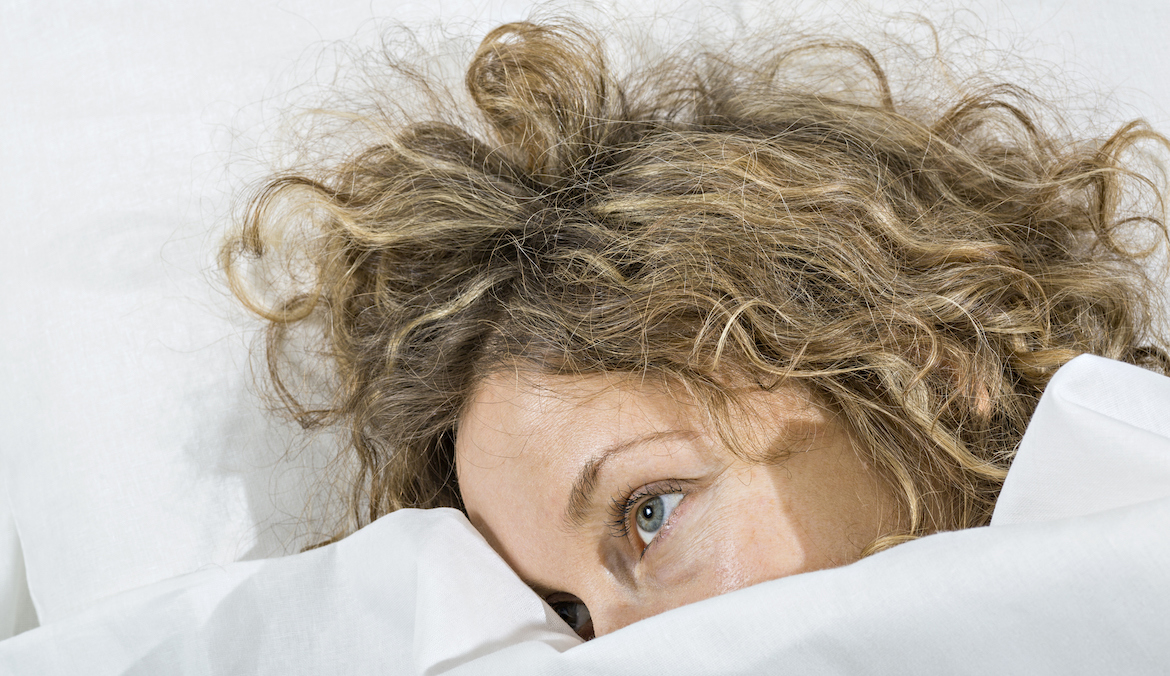
“A sleep cycle lasts from 90 to 120 minutes, including the time it takes to transition from lighter to deep sleep and then into rapid eye movement (REM) sleep,” says Dr.
Do some math, and you’ll find that in a typical seven- to eight-hour night of sleep, there’s room for about three to five complete sleep cycles—which would also mean, per the above, two to four awakenings between them.Beyond that, it’s also common for people to awaken super briefly out of light sleep as many as 20 to 30 times (!!) a night, says neurologist and sleep specialist W.
“It is possible to wake up and roll over, adjust the covers, or even briefly talk to someone, and have no recollection in the morning.” —Brandon Peters, MD, neurologist and sleep specialist.Lo and behold, upon recently looking at my own hypnogram for a night of sleep via Amazon Halo, I was surprised to see that the little line tracking my sleep had spiked upward multiple times on the chart, pointing to several different awakenings during the night—ones that I didn't even remember.Peters says that a few awakenings during the night is typically nothing to worry about and won’t negatively impact your sleep quality—even if you do realize that you’re awake throughout the night or get up from bed for a few minutes, say, to pee.
Ironically, what can affect your sleep quality is when you wake up in the middle of the night and start to worry about that reality.
“If you have one or two bad nights where you’re awake and then start to worry that you’re up or get more worried about whether you’ll sleep well the next night, that’s when you start to put pressure on yourself to sleep—which is the worst thing to do, as sleep can’t be forced,” says clinical psychologist and sleep specialist Shelby Harris, PsyD, author of The Women’s Guide to Overcoming Insomnia.
Peters suggests using a simple mind trick to take the mind’s attention off of your need to sleep to help sleep come naturally.
And if you do find that you’re still awake after what feels like ten or fifteen minutes, sleep specialist Rebecca Robbins, PhD, suggests actually getting out of bed so that you don’t start to condition the bed as a place for wakefulness, rather than sleep.While, again, waking up in the middle of the night a couple times (and for a few minutes each time) is normal, if it’s happening more frequently or for longer periods of time, it could impact your sleep quality.That’s also of particular concern if you’re already not getting the recommended seven to nine hours of sleep, given that the awakenings will shorten your total sleep time even further, says Dr.“An awakening early in the night may be less impactful, but waking closer to the morning, when the sleep drive is diminished, could make it harder to fall back asleep, abruptly cutting off the night’s sleep.”.
Generally, however, the surest indicator that your nighttime awakenings may actually be a problem for your sleep is if you find that you’re experiencing daytime sleepiness, says Dr.That’s when it may be time to consider how you might optimize your bedroom’s environment for sleep.
If you’re still experiencing frequent or lengthy middle-of-the-night wake-ups and feeling sleepy during the daytime, it would be wise to consult a sleep specialist, says Dr